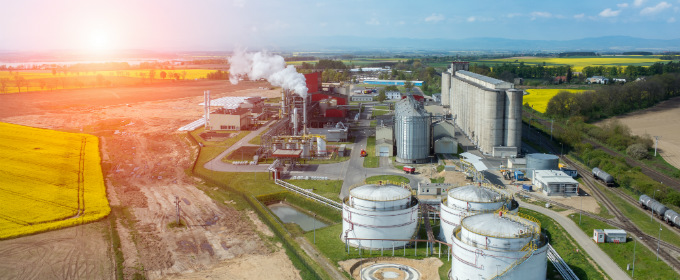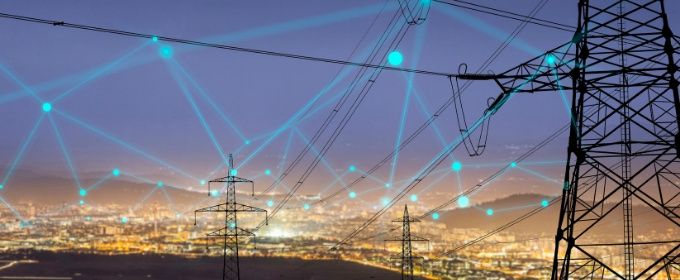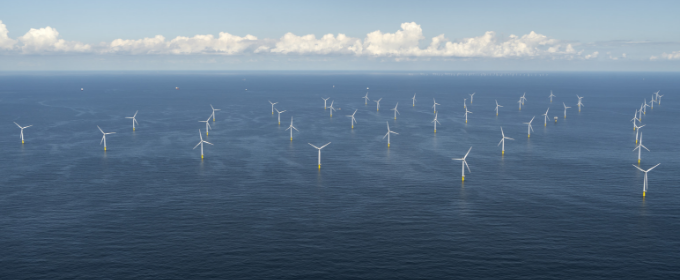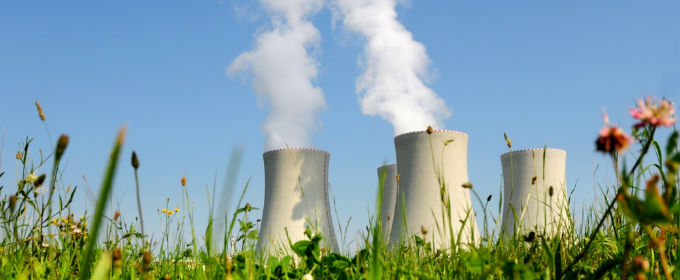‘Net zero’ and ‘carbon neutral’ have quickly become the go-to phrases for ambitious declarations on climate change action. But what do ‘net zero’, ‘zero carbon’ or ‘carbon neutral’ actually mean in practice? As climate action targets are increasingly announced both locally and nationally, it’s even more important that the assumptions involved are properly understood to […]









